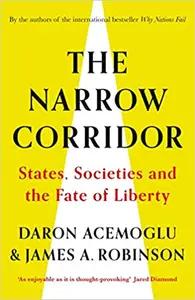The Narrow Corridor: States, Societies, and the Fate of Liberty
By Daron Acemoglu
Category
EconomicsRecommended by
"The Narrow Corridor" by Daron Acemoglu explores the delicate balance between state and society. Acemoglu, along with co-author James A. Robinson, investigates the conditions that foster inclusive and accountable political and economic systems.
This book delves into the idea that for a nation to thrive, it must navigate a narrow corridor between two dangerous edges: the shaky state that produces despotism, and the unchecked society that breeds anarchy. Acemoglu and Robinson argue that societies need to establish a strong and capable state while simultaneously maintaining an engaged and active citizenry.
Drawing on a comprehensive range of historical examples, from ancient Rome to contemporary China, the authors analyze the interactions of power, people, and institutions throughout time. By dissecting these political and economic transformations, they reveal the factors that enable societies to escape repression, whether in the form of failed states or autocratic regimes.
Acemoglu and Robinson challenge prevalent theories, presenting a nuanced understanding of how prosperity and freedom are achieved. They discuss the importance of inclusive institutions that provide enough leeway for individual freedom while ensuring collective order and accountability. The authors also emphasize the role of citizen movements that hold both the state and powerful elites accountable.
"The Narrow Corridor" is not only a profound examination of political and economic development but also acts as a timely study of the challenges faced by modern democracies. Acemoglu and Robinson underscore the importance of nurturing a robust state that actively responds to societal needs while also fostering citizen engagement and responsible governance.
Through their thought-provoking analysis, Acemoglu and Robinson offer a roadmap for societies to navigate the narrow corridor towards a fair and prosperous future. This book serves as a clarion call to individuals, policymakers, and scholars to champion inclusive institutions and actively participate in shaping the destiny of their nations.
This book delves into the idea that for a nation to thrive, it must navigate a narrow corridor between two dangerous edges: the shaky state that produces despotism, and the unchecked society that breeds anarchy. Acemoglu and Robinson argue that societies need to establish a strong and capable state while simultaneously maintaining an engaged and active citizenry.
Drawing on a comprehensive range of historical examples, from ancient Rome to contemporary China, the authors analyze the interactions of power, people, and institutions throughout time. By dissecting these political and economic transformations, they reveal the factors that enable societies to escape repression, whether in the form of failed states or autocratic regimes.
Acemoglu and Robinson challenge prevalent theories, presenting a nuanced understanding of how prosperity and freedom are achieved. They discuss the importance of inclusive institutions that provide enough leeway for individual freedom while ensuring collective order and accountability. The authors also emphasize the role of citizen movements that hold both the state and powerful elites accountable.
"The Narrow Corridor" is not only a profound examination of political and economic development but also acts as a timely study of the challenges faced by modern democracies. Acemoglu and Robinson underscore the importance of nurturing a robust state that actively responds to societal needs while also fostering citizen engagement and responsible governance.
Through their thought-provoking analysis, Acemoglu and Robinson offer a roadmap for societies to navigate the narrow corridor towards a fair and prosperous future. This book serves as a clarion call to individuals, policymakers, and scholars to champion inclusive institutions and actively participate in shaping the destiny of their nations.
Share This Book 📚
More Books in Economics
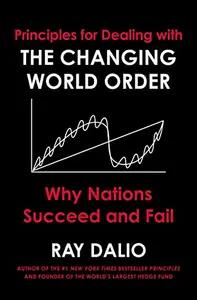
Principles for Dealing With The Changing World Order
Ray Dalio
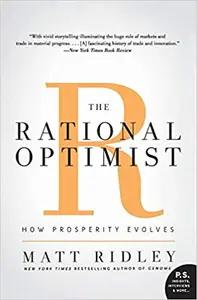
The Rational Optimist
Matt Ridley
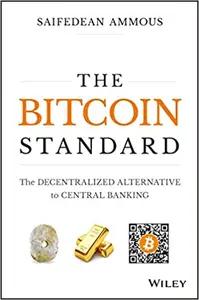
The Bitcoin Standard
Saifedean Ammous
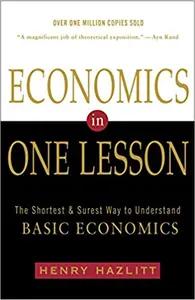
Economics in One Lesson
Henry Hazlitt
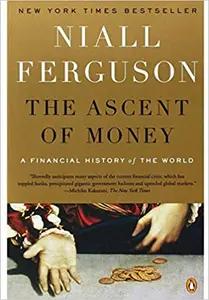
The Ascent of Money
Niall Ferguson
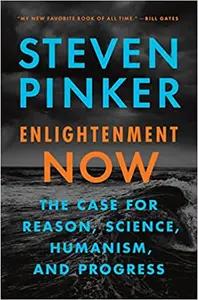
Enlightenment Now
Steven Pinker
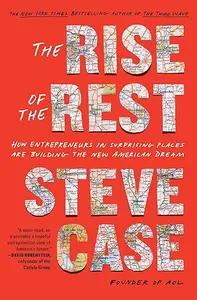
The Rise of the Rest
Steve Case
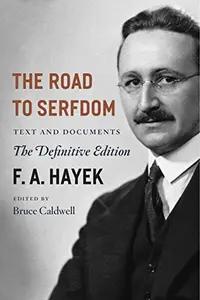
The Road to Serfdom
F.A. Hayek
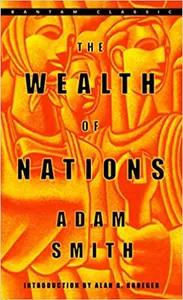
The Wealth of Nations
Adam Smith
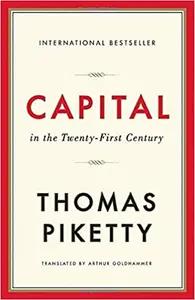
Capital In The 21st Century
Thomas Piketty
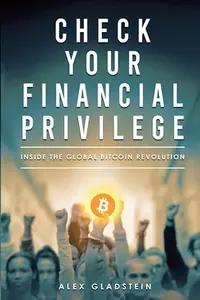
Check Your Financial Privilege
Alex Gladstein
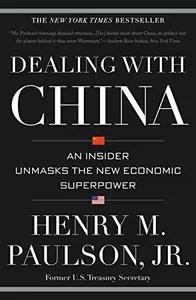
Dealing with China
Henry Paulson
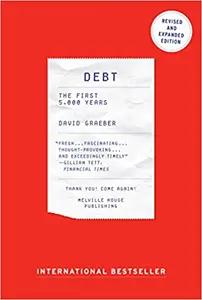
Debt
David Graeber
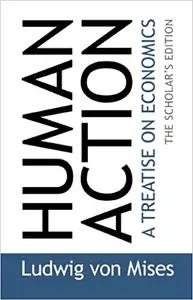
Human Action
Ludwig Von Mises
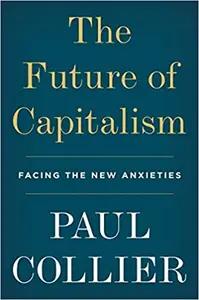
The Future of Capitalism
Paul Collier
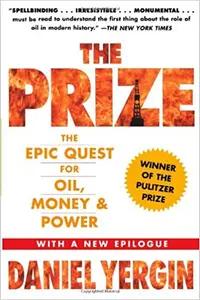
The Prize
Daniel Yergin
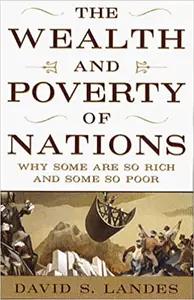
The Wealth and Poverty of Nations
David Landes
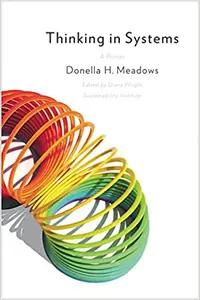
Thinking In Systems
Donella H. Meadows
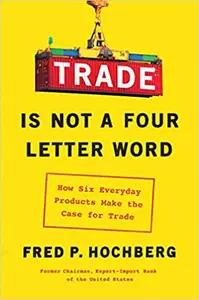
Trade Is Not A Four Letter Word
Fred Hochberg
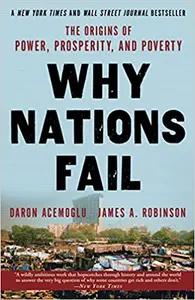
Why Nations Fail
Daron Acemoglu
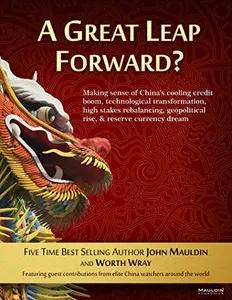
A Great Leap Forward?
John Mauldin & Worth Wray
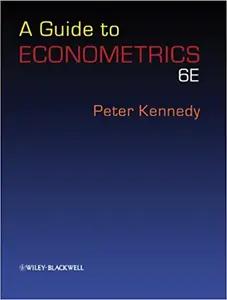
A Guide To Econometrics
Peter E. Kennedy
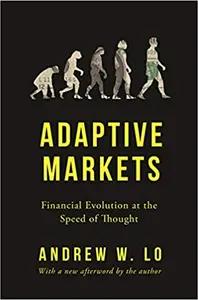
Adaptive Markets
Andrew Lo
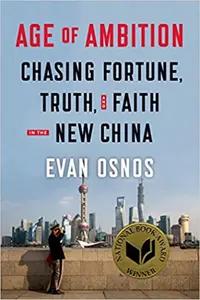
Age Of Ambition
Evan Osnos

An Apology for the Builder
Nicholas Barbon
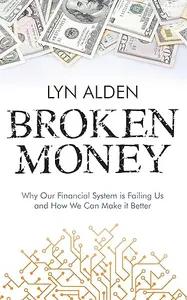
Broken Money
Lyn Alden
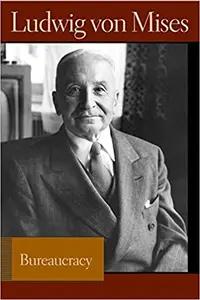
Bureaucracy
Ludwig Von Mises
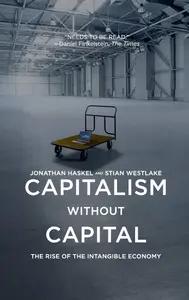
Capitalism Without Capital
Jonathan Haskel & Stian Westlake
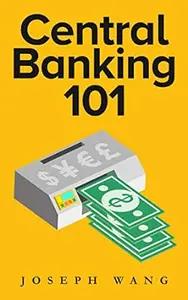
Central Banking 101
Joseph Wang
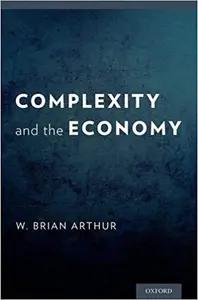
Complexity and the Economy
W. Brian Arthur
Popular Books Recommended by Great Minds 📚
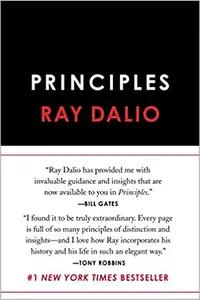
Principles
Ray Dalio

When Breath Becomes Air
Paul Kalanithi
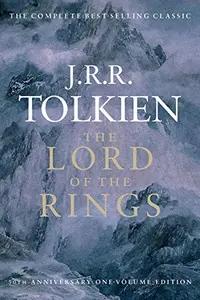
The Lord of the Rings
J.R.R. Tolkien

The Bitcoin Standard
Saifedean Ammous
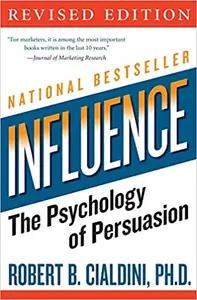
Influence
Robert Cialdini
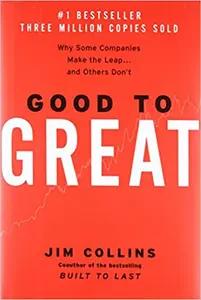
Good To Great
Jim Collins
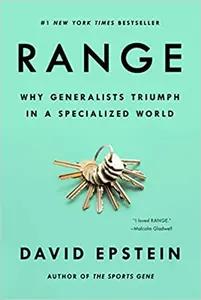
Range
David Epstein
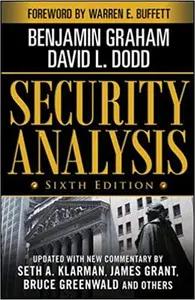
Security Analysis
Benjamin Graham
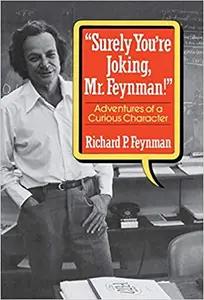
Surely You're Joking Mr. Feynman
Richard Feynman

The Intelligent Investor
Benjamin Graham
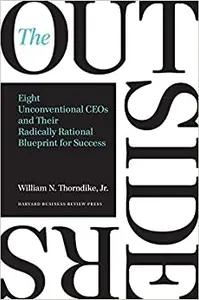
The Outsiders
William Thorndike
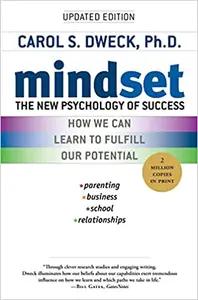
Mindset
Carol Dweck
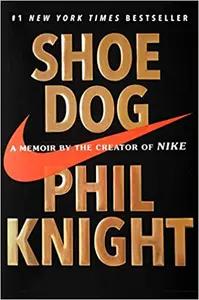
Shoe Dog
Phil Knight
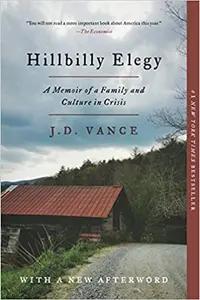
Hillbilly Elegy
J.D. Vance

The Rational Optimist
Matt Ridley
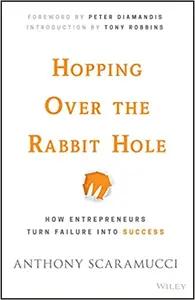
Hopping Over The Rabbit Hole
Anthony Scaramucci

1984
George Orwell
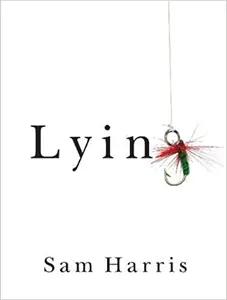
Lying
Sam Harris
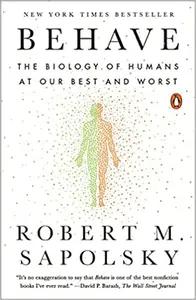
Behave
Robert Sapolsky
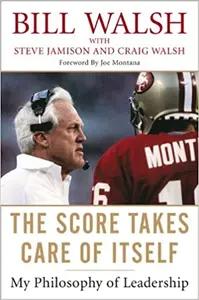
The Score Takes Care of Itself
Bill Walsh
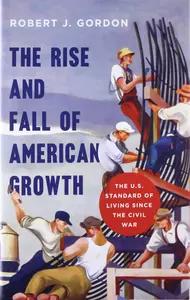
The Rise And Fall Of American Growth
Robert J. Gordon
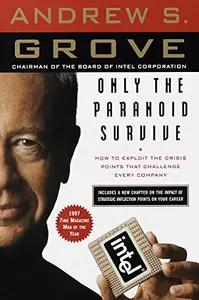
Only the Paranoid Survive
Andy Grove
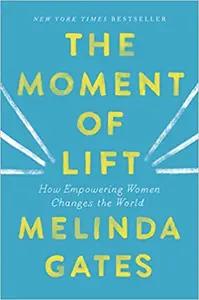
The Moment of Lift
Melinda Gates
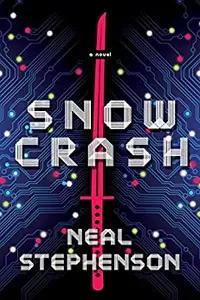
Snow Crash
Neal Stephenson
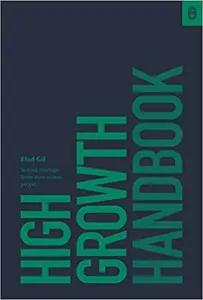
High Growth Handbook
Elad Gil
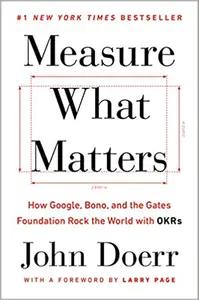
Measure What Matters
John Doerr
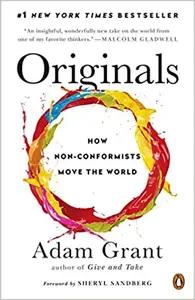
Originals
Adam Grant
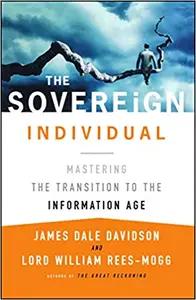
The Sovereign Individual
James Dale Davidson & William Rees-Mogg
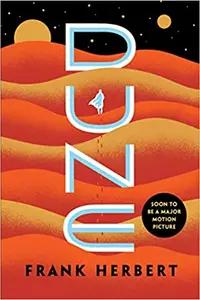
Dune
Frank Herbert
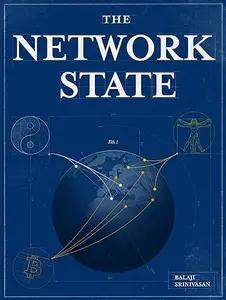
The Network State
Balaji Srinivasan
